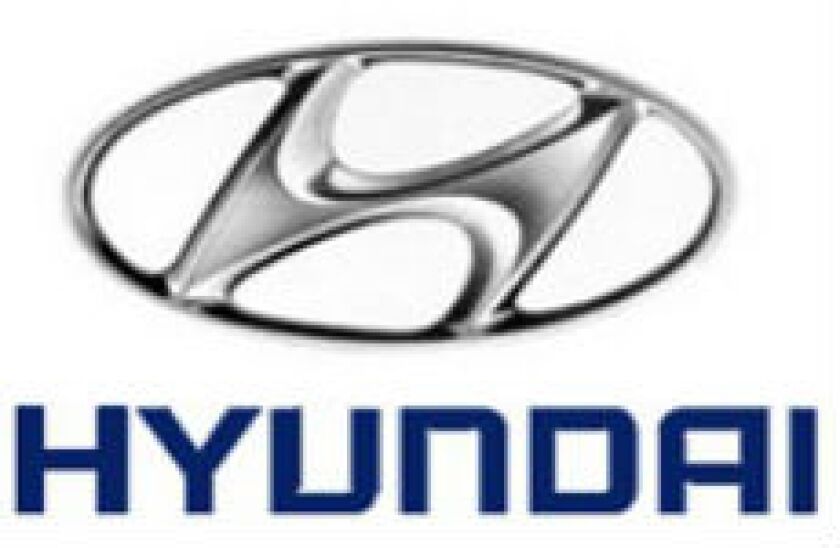Conglomerate Hyundai Motor Corp’s chairman Chung Mong Koo and his son Euisun Chung attempted to raise W1.39tr ($1.25bn) on January 12 by selling 5.02m shares in logistics affiliate Glovis. The deal was launched to the market, but sole bookrunner Citi pulled it a few hours into bookbuilding.
Lack of demand from local investors was a big reason for the deal not crossing the finish line. Although international investors covered 70% of the trade, domestic bids never materialised, said bankers. Local investors appeared to shun the deal simply because of a lack of clear information — but plenty of speculation — on why the Chungs were shedding their holding in Glovis.

“There wasn’t any public announcement on the intent or strategy the family was using to restructure the business,” said a South Korea-focused credit officer at a ratings agency. “The son [Euisun Chung] needs to do something to inherit the wealth of his father while keeping an active control over the company.
"And the market thought he was monetising his stake in Glovis to buy shares in Hyundai Mobis, which didn’t go down very well.”
Pressuring times
South Korean chaebols, or family-controlled conglomerates, are under pressure from the Fair Trade Commission to consolidate their ownership in company affiliates to 30% or less, as the authority seeks to temper profits made from inter-group deals. Otherwise they risk being fined by the FTC.
On that basis, when the Chungs decided to offload their Glovis shares, it fuelled speculation that the proceeds would go towards buying a bigger stake in car parts maker Mobis — where the family’s ownership is minimal.
“Investors saw it as the owners dumping Glovis to buy Mobis and make that their holding company,” said an ECM syndicate banker at a Korean firm. “The shares had an unbelievable discount. I have never seen such an exceptionally high discount, so investors were naturally afraid because they couldn’t see any future benefit in buying the shares.”
The botched deal is likely to dampen appetite among other family-run companies to tap ECM investors, said bankers and analysts. Businesses such as Samsung Group, Hanjin Group, SK Group and Lotte Group are all on the verge of transferring power to the next generation of the controlling families.
Conglomerate Lotte Group is also in the midst of a change of control. The business is already split between a Japanese arm and a Korean entity, led by two brothers. But news emerged this month that the elder son, Shin Dong-joo, who was handling Japan, had left the firm.
This means that the whole business could now be taken over by the younger son, who previously only had responsibility for the firm’s domestic operations. The company has not yet made a formal announcement on succession.
“The company as such is quite cash-rich,” said the ECM syndicate banker. “But corporate restructuring will come up soon. If the whole business goes to the second son, he will need to buy more shares in the Japanese entity. So if he needs cash then, he might consider selling shares in the secondary block market.”
No sure success
Whether these deals will succeed is still up in the air. Following the Hyundai Glovis failure, there are concerns over whether other chaebols could pull off deals, especially at reasonable discounts.
Corporate governance will become key for investors now, said the credit officer. He cited the example of Cheil Industries, the de facto holding company of the Samsung Group, which listed in Korea last year.
“Cheil saw a blowout response from investors,” he said. “Hyundai Glovis fell massively when the block failed but Mobis rose as people started seeing that as the holding company. There is plenty of apprehension among investors, especially local ones. So I expect them to be far more cautious the next time a block comes to the market.”
Straightforward blocks will still find favour, said the ECM syndicate banker. But companies on the verge of restructuring or under scrutiny from regulators could face problems. “Just because it’s a big big name doesn’t mean it will be acceptable among investors,” he said.
Glovis downfall
Glovis’s shares were offered at between W264,000-W277,500, a 7.5%-12.0% discount to the stock’s close of W300,000 on Monday (January 12). A wall-crossing process that the lead undertook ahead of opening the deal showed that most of the interest was at the bottom of the price range.
The selling shareholders were reluctant to divest their stock at this level. Nevertheless, Citi launched the deal with a 12% discount ceiling and most of the interest came from hedge funds. Long-onlys were scant, while local investors shunned the trade.
Despite pulling the deal, bankers at Citi stressed that it ticked all the boxes. “It was a good price for a large cap, well-liked Korean name and came on the back of a favourable market backdrop.
“The up to double-digit discount was atypical for Korea, which tends to be a tighter market,” he said. “It wouldn’t have made a difference if one of the local banks had been roped in [as a bookrunner] since Citi already has strong relationships in Korea."
Glovis hit its limit-down, falling 15% to W255,000, the day after the trade was pulled. Mobis, on the other hand, was up 11.6% at W265,500.
The banker said the share sale had little to do with increasing the stake in Mobis, but was more about adhering to ownership limits imposed by the South Korean regulator. But he conceded that some of the confusion and speculation about the use of proceeds could have been dispelled with the help of a local broker.
When Citi realised there was not enough demand to cover the trade, a suggestion to cut the offer size was floated. But bankers said the issuer was adamant about getting the best price possible for its shares and preferred to pull the deal rather than downsize it.

